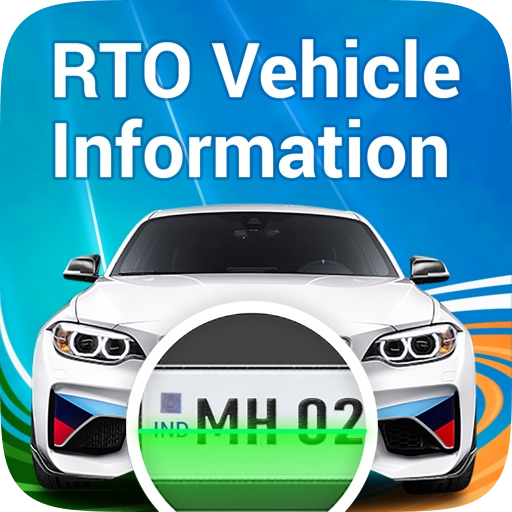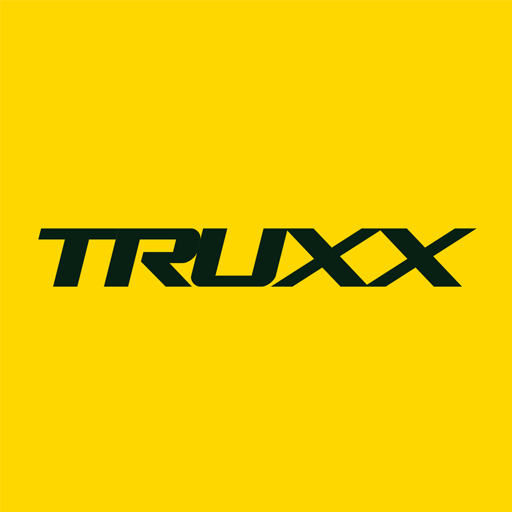4 Benefits Of Block Chain In The Check Of Supply Chain Pliability
Description of 4 Benefits Of Block Chain In The Check Of Supply Chain Pliability
Faced with market uncertainty and demand volatility, many organizations place at the top of their priorities the need to build a resilient supply chain and to make their processes more flexible in order to adapt to new digital opportunities, explain Thomas Luc and Louay Chraïbi, from CGI Business Consulting.
Faced with market uncertainty and the volatility of demand, many organizations place at the top of their priorities the need to build a resilient supply chain and to make their processes more flexible in order to adapt to new digital opportunities. Among the initiatives launched to bounce back, we can observe a sharp acceleration in the experiments carried out around the block chain.
Safety and reliability, two key advantages
The block chain is a digital ledger in which supply chain actors share and consult events without the risk of falsification or loss of data. The hash functions, which make it possible to encrypt and encrypt information transfers between two systems in the form of fingerprints or signatures, guarantee the actors in the chain of security and reliability of information, preventing any attempt at subsequent modification to the data initial entry.
It is therefore with confidence that the various stakeholders in the chain can share and exchange their information, thus transparently giving greater visibility to their industrial or financial capacities.
Restore trust and encourage collaboration
For example, the availability, accessibility and security of data allow demand management teams to move more and more towards co-planning with distributors, carriers, suppliers and manufacturing partners and logistics.
By taking into account the constraints and capacities of this ecosystem, the planners have the necessary visibility on their portfolio of operations and can thus anticipate the risks of operational hazards and thus improve the customer service rate. By restoring trust, the block chain promotes better collaboration between partners, which is essential for better forecasting, planning and anticipating future hazards, in a digitized manner.
Streamline transactions and reduce costs
In terms of supply chain, the use of block chain has the potential to improve the transparency and traceability of operations, as well as to reduce administrative costs (contract audit, archiving and insurance) and the risks of working on paper (Loss of data, falsification and fraud).
In the case of Purchasing for example, the block chain allows a better assessment (financial, capacity, risks and CSR), an optimal choice of partner and transparency vis-à-vis the actors involved in the calls for tenders. The flow of contracts can also be simplified thanks to the advantage of smart contracting, which makes it possible to validate stages of the contract automatically when the validation conditions are possible. The result is a reduction in the administrative burden and confidence linked to the digital traceability register. The same goes for the traceability and automation of payments between partners as soon as the tasks carried out, in accordance with the contract and SLAs, have been carried out.
Explore new territories
Block chain can also be an opportunity for some players to explore new businesses and reinvent themselves. For example, we have seen industrial players in the automotive sector exploit their block chain expertise in the manufacturing or supply chain fields to apply it to new uses around mobility such as car-sharing services or the management of electric fleets in B2B.
Block chain now finds concrete application areas to improve customer service, trace vehicles and operations, and ensure better use of available data for predictive maintenance activities. The challenge for manufacturers is now to exploit the potential of the block chain to move from product logic to service logic.
Recent APPS
designkug.com © 2021 • About Us • DMCA Policy • Privacy Policy • Terms & Condition • Contact Us • Submit Apps













